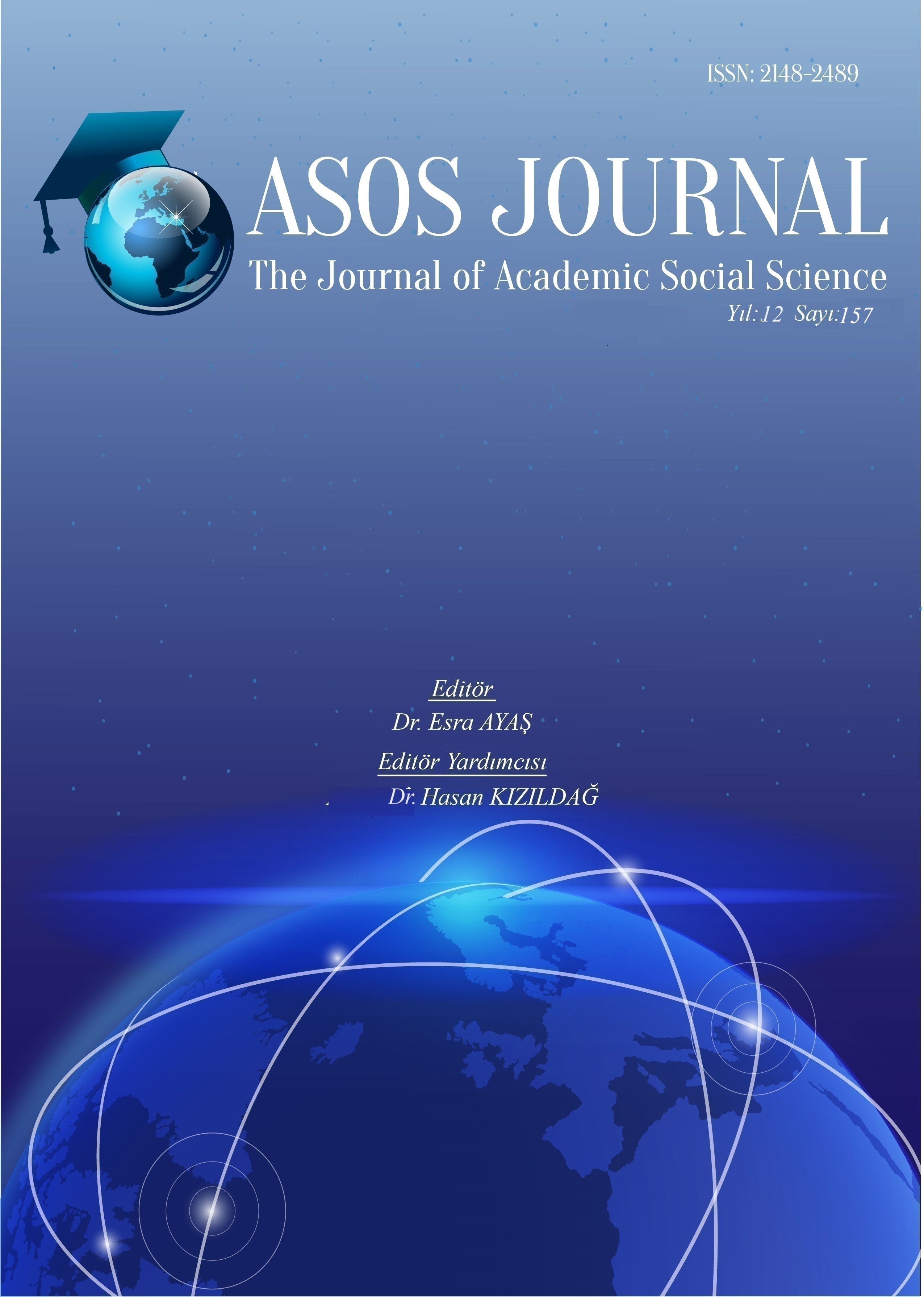SAĞLIK PROFESYONELİ ADAYLARININ SAĞLIKLI OLMA KÜLTÜRLERİ VE SAĞLIKLI YAŞAM BECERİLERİNİN DEĞERLENDİRİLMESİ
Author :
Abstract
Bu çalışmanın amacı sağlık alanında öğrenim gören öğrencilerin sağlıklı olma kültürleri ve sağlıklı yaşam becerilerini değerlendirmektir. Bu çalışma ilişki arayan tanımlayıcı ve kesitsel tasarım tipinde olup, Karadeniz’de bulunan iki devlet üniversitesinin sağlıkla ilgili bölümlerinde eğitim görmekte olan 453 öğrenci ile gerçekleştirilmiştir. Verilerin toplanmasında Kişisel Bilgi Formu, Sağlıklı Olma Kültürü (Healtism) Ölçeği ve Üniversite Öğrencilerinde Sağlıklı Yaşam Becerileri Ölçeği kullanılmıştır. Katılımcıların yaş ortalamaları 20.30±2.57 yıl olarak belirlenmiştir. Katılımcıların sağlık yaşam becerileri ölçeğinden aldığı puanların ortancası 63 (min-max: 38-84) olup, sağlıklı olma kültürü ölçeğinden aldığı puanların ortancası 52 (min-max: 16-70) olarak hesaplanmıştır. Öğrencilerin sağlık algısı, sağlıklı beslenme, düzenli spor yapma, sigara kullanma, alkol kullanma sağlığı geliştirici programlara katılma değişkenleri ile sağlıklı yaşam becerileri ölçek puanlarının ortancaları arasındaki fark anlamlı bulunmuştur. Sağlıklı kültür ölçeği ortancası ile düzenli spor yapma davranışı puan ortancası arasındaki farkın anlamlı olduğu görülmüştür. Üniversite öğrencilerinde sağlık yaşam becerileri ölçeği ile sağlıklı olma kültürü ölçeği arasında pozitif yönde orta derecede bir ilişki bulunmuştur (r: 0.371; p<0.01). Sağlıklı olma kültürüne sahip olan öğrencilerin sağlıklı yaşam becerilerinin de olumlu yönde olduğu belirlenmiştir.
Keywords
Abstract
The aim of this study is to evaluate the healthy culture and healthy life skills of students studying in the field of health. This study is a descriptive and cross-sectional design type looking for a relationship and was conducted with 453 students studying in the health-related departments of two state universities in the Black Sea region. Personal Information Form, Healthism Scale and Healthy Life Skills Scale for University Students were used to collect data. The average age of the participants was determined as 20.30±2.57 years. The median of the scores the participants received from the health life skills scale was 63 (min-max: 38-84), and the median of the scores they received from the healthy culture scale was calculated as 52 (min-max: 16-70). The difference between the variables of students' health perception, healthy nutrition, regular sports, smoking, alcohol use, participation in health-promoting programs and the median scores of the healthy life skills scale was found to be significant. It was observed that the difference between the healthy culture scale median and the regular sports behavior behavior score median was significant. A moderate positive relationship was found between the health life skills scale and the healthy culture scale among university students (r: 0.371; p<0.01). It has been determined that the healthy life skills of students who have a culture of being healthy are also positive.





